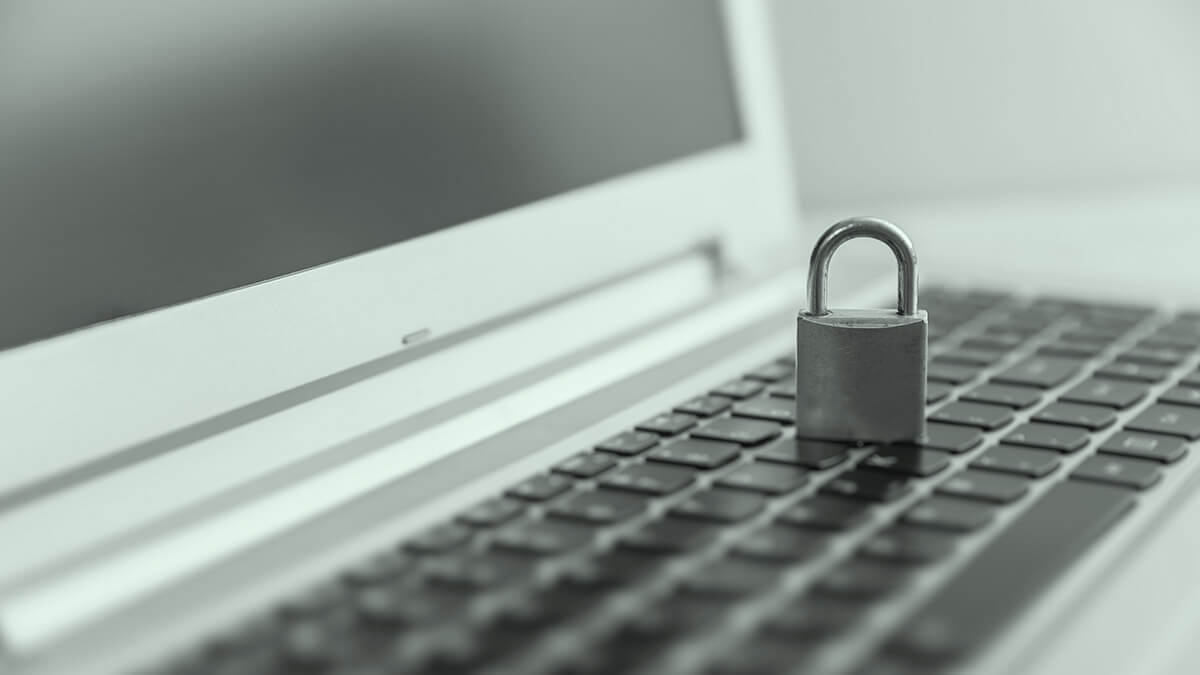Payroll includes a lot of confidential information. Your payroll records include both business and employee information. There are names, addresses, Social Security numbers, dates of birth, pay rates, benefits, deductions, and bank accounts. With so much sensitive information, it is important to maintain payroll confidentiality.
Why payroll confidentiality is important
There are several reasons why you should run a confidential payroll program.
You need to keep employee information safe from identity theft. If someone accesses confidential information, such as a Social Security number, that person can use the confidential information for illegal purposes.
Also, you need to keep payroll information confidential to prevent jealousy among employees. Vulnerable payroll information might ignite jealousy regarding employee benefits or direct compensation.
Pretend you have two employees who do the exact same job. Even though the two employees do the same tasks, you pay one of them more because that employee has more experience. To prevent the lower paid employee from becoming jealous, you should carefully protect your payroll information. However, you cannot prevent your employees from willingly discussing their compensation.
You also need to protect your business’s information. You don’t want people to know things like tax documents and benefit contributions. Only you need that information.
Ways to maintain payroll confidentiality
There are things you can do to make sure your business has a confidential payroll program.
Limit access to payroll data
Only designated people should have access to your business’s payroll information. If you have an employee in charge of running payroll, let only that employee have access to payroll information. If you run payroll yourself, do not let any employees have access.
By limiting the amount of people who have access to the payroll data, you reduce the risk of unauthorized people getting confidential payroll information.
Create strong passwords
Using strong passwords limits the chances of someone being able to break into your payroll information. Create strong passwords for your computer and for your payroll software.
A strong password ideally contains upper and lowercase letters, numbers, and symbols. Your password should be at least eight characters long.
You should not use obvious or easy-to-guess passwords. Avoid using your name, your business’s name, a family member’s name, the software program’s name, anything including the word “password”, or 12345678. Also, don’t use the same password for every account.
Log off when you’re finished
When you are finished using your payroll software, log off. Simply logging off increases payroll confidentiality because people cannot easily access the payroll program.
Even if you step away from the software for a minute, you should log off. Also, you should log off your computer when you are not using it.
Lock up hard copies
If you have hard copies of any payroll information, you should keep the documents locked in a safe place. Payroll records might include Form W-4, Form I-9, and benefit enrollment forms.
Only you and authorized employees should know how to access the documents.
Change passwords
If an employee who had access to payroll information is terminated, change the passwords for all the accounts that employee has access to. Changing passwords prevents the terminated employee from accessing confidential payroll data after they leave your business.
In general, you should change account passwords often. Regularly changing your passwords makes guessing your passwords more difficult.
Patriot’s payroll tax filing service is extremely secure. We take our payroll security procedures very seriously. Patriot protects your payroll data with encryption and secure servers similar to those used by banks. Try Patriot’s SaaS payroll services today!
This article has been updated from its original publication date of July 18, 2016.
This is not intended as legal advice; for more information, please click here.